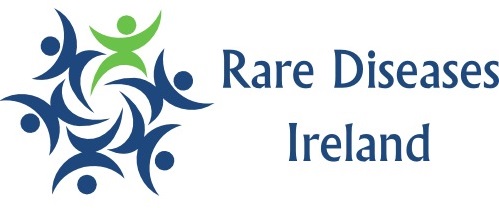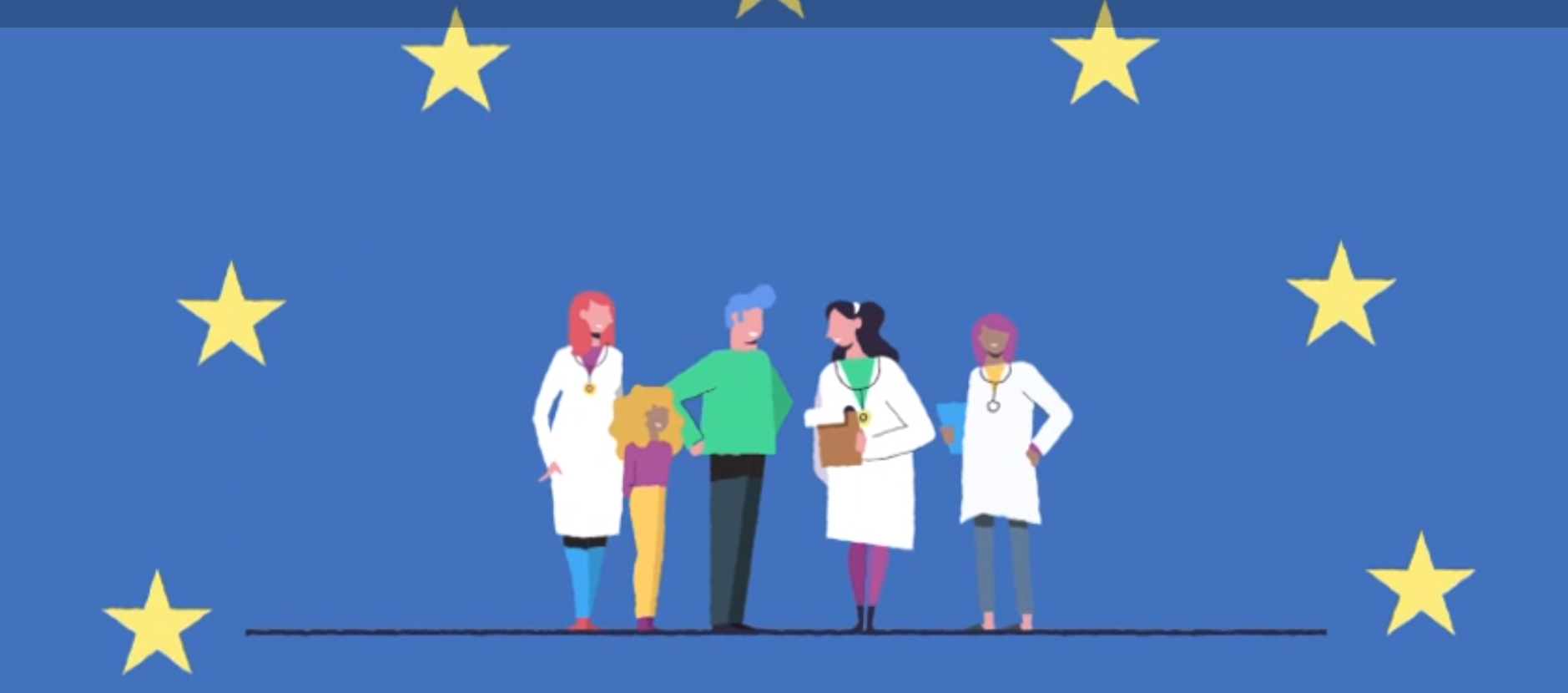The National Rare Diseases Office, currently based in the Mater Misericordiae University Hospital, Eccles St, Dublin 7, is the co-ordination ‘hub’ for clinical rare diseases expertise in Ireland. The office was established in 2015 and is staffed by healthcare professionals who have significant experience working with people affected by rare diseases. It provides current, reliable information about genetic and rare diseases to patients, families and health and research professionals, The office also manages the Irish section of Orphanet, the European portal on rare diseases information and orphan drugs.
The Office is responsible for mapping the location and availability of clinical expertise and centres of expertise in Ireland. Over 75 Irish centres have been mapped and listed on Orphanet. The Office provides information about virtual cross-border consultations and centres of expertise in neighbouring EU Member States.
The National Rare Disease Office has also developed a series of educational videos for GPs and members of the public, which are available on its website.

